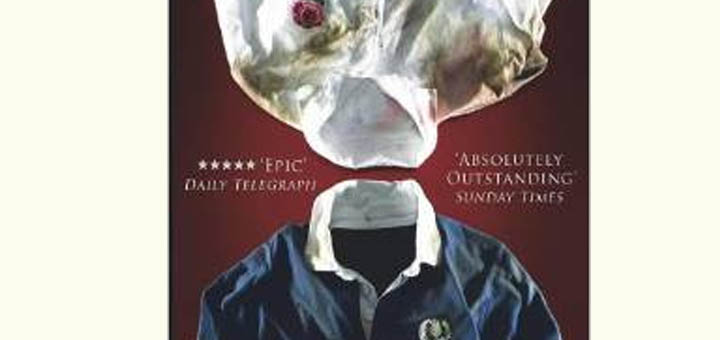Read for the Not just for Stormtroopers sci-fi challenge
It is the 1950s, and a devastating virus is sweeping Asia. It attacks grass, and grass feeds the world. Wheat is grass. And cows, sheep, etc all live on grass. At first people in Britain watch in horror as it strikes at the wheat supplies in those far-off lands. But the Chung-Li virus could never come as far as England, not without science coming to the rescue. And even if it did, surely British society would cope. Civilization would find a way to ration food and the hold things together until a fix was found, and surely that wouldn’t take too long.
But Europe and Britain do not remain unaffected for long, and in London John begins to wonder if he should take his family across the country and try to make it to his brother’s farm. It is isolated, and the valley has only one entrance, it can be defended.
But what effect will this virus have on people. How long will civilisation hold up under this threat?This was written in the 1950s, and it really is a book of its time. It was hard to ignore the sexism, classism, and racism. Straight away, once the old order was stripped away, the men took charge. Not even a hint that any of the women might prove useful. And every time a woman showed up she was classified as weak and in need of defence. For the most part they were nothing but wives, an aside to their menfolk. Women and children were constantly referenced as being the same, in need of leadership, protection, and telling what to do.
Likewise the racism was blatantly obvious.
Right from the start the ‘Asiatics’ were referred to as not as civilised as the English. And in such a manner that you could read nothing but racism into it. There was also a mention to the Mediterranean-types, the Latins as being of a temperament that wouldn’t respond well to such disaster.
It is hard to look past those, but at the same time the reader can’t assume that those are the attitudes and beliefs of the author, instead they are the attitudes of the characters, and I am sure that there are plenty who hold similar views today, let alone back in the 1950s.
Books like this one always make me think that I must have a very positive view of humanity. I don’t think that people would revert back to such barbarity so quickly. At least, not all of society. But perhaps I am misguided. I mean, I have never lived through such panic or through a collapsing society. Christopher would have lived through world wars. Maybe he is more accurate than I would like to believe.
Apart from my possibly naive view of people, and the racism etc I have to say that I quite enjoyed this book. It is really well written, a gripping book that doesn’t bother to waste time with anything. It dives straight in to the story and the disaster, but at the same time it doesn’t feel rushed at all.




I've seen a few people reading this recently and I like the sound of the premise, if I can try and read it as a book of its times. Although I get the feeling John Wyndham is the same period and I find he manages to write about similar topics without being racist or sexist. I might read a Wyndham next actually!
Ellie´s last blog post ..Winners Announced!
Despite its flaws it is still a book that I would recommend if you like end of the world type books